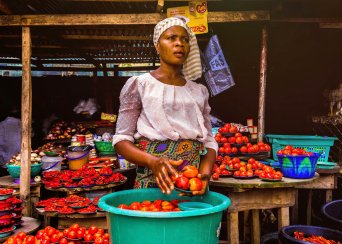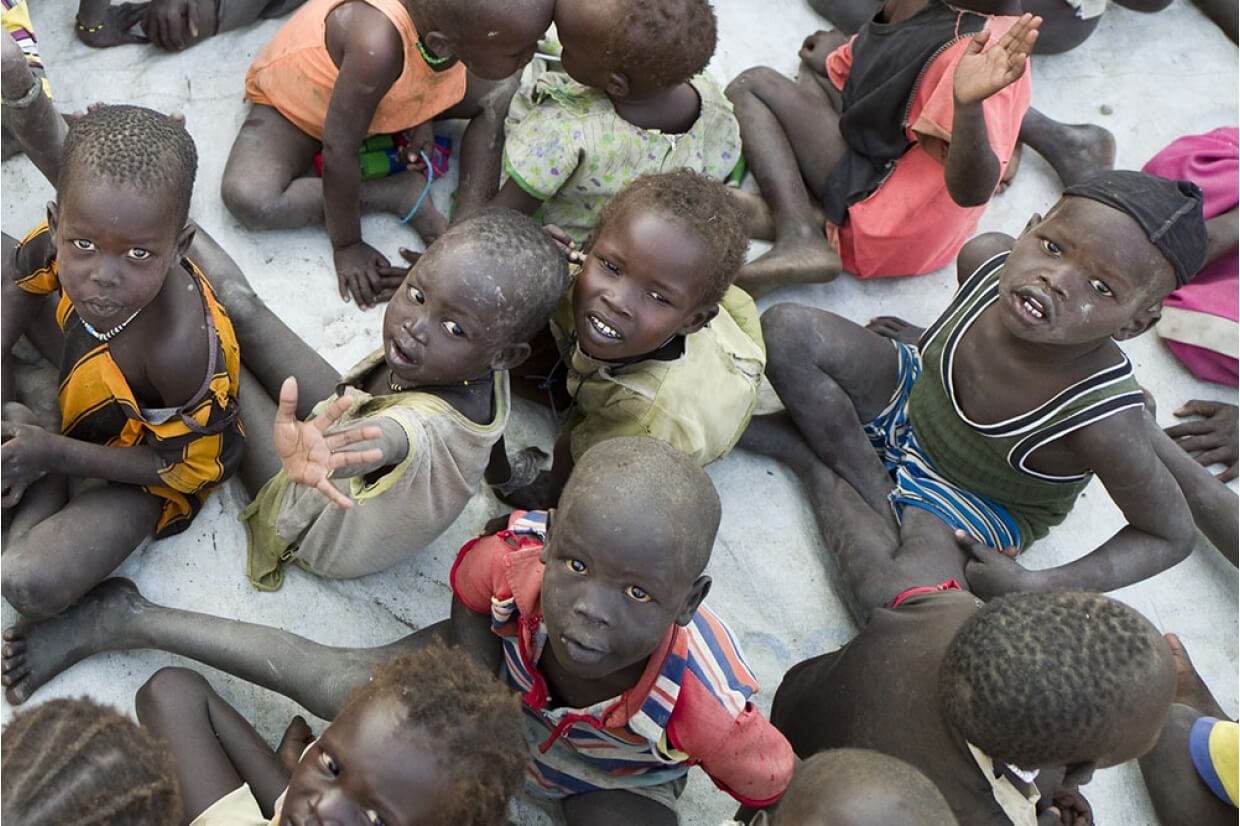- About
- Topics
- Picks
- Audio
- Story
- In-Depth
- Opinion
- News
- Donate
- Signup for our newsletterOur Editors' Best Picks.Send
Read, Debate: Engage.
Even if Africa has over 60 percent of the world’s uncultivated arable land, the continent remains a net importer of food, with its annual food import bill standing at $35 billion. That situation has exposed it to global shocks that have left its people vulnerable: COVID-19 and the war in Ukraine brought this reality home more than ever.
As the continent experiences unprecedented population growth over the years, translating to more mouths to feed, the pressure on food systems will only escalate in the future. The continent is also afflicted by the cyclical hunger spells and the impacts of climate change, which are taking a toll on how and when food is produced.
The question remains: how can Africa shield itself from these shocks and become food sufficient? Numerous studies have pointed out that Africa has the natural resources to feed itself and become a global breadbasket. While this is a narrative that has been advanced over the years, it is unclear if the continent is really investing in the right strategies and policies to ensure that it actualises this possibility.
The recently-concluded Feed Africa Summit, popularly known as the Dakar 2 Summit, could not have come at a better time. With the theme ‘Feed Africa: Food Sovereignty and Resilience,’ the gathering brought together over 34 heads of states, ministers, private sector-players and development partners to deliberate on concrete strategies that would help Africa achieve agricultural transformation at scale. The attendance exhibited the political will and the potential that public-private partnership can deliver for one of the continent’s lifeline sectors.
Among the outstanding issues that were raised is the growing nexus between food insecurity, climate change and conflicts, one that is taking a dangerous turn in Africa.
Yet the Dakar 2 Summit is not the first of its kind to have taken place in the continent. 20 years ago, African heads of state endorsed the famous Maputo Declaration on Agriculture and Food Security. That commitment was a roadmap to transform the continent’s agricultural sector with two outstanding pledges: that countries would ensure a 6 percent annual agricultural growth and that they should allocate 10 percent of their national budgets to the agricultural sector. African countries renewed this commitment in 2014 through the Malabo Declaration on Accelerated Agricultural Growth. Nevertheless, only a few countries to date have met that target, with reports showing that budgets that are allocated to agriculture and food are not spent either due to complications in implementing projects or slow disbursement of funds.
Industry players who participated in Dakar 2 Summit must make history by ensuring all the pledges and commitments are actualised urgently. Enough of the rhetoric. Africa has a wealth of natural resources, demographic dividends and a hardworking workforce. It is time to make Africa food sovereign.
Photo by Omotayo Tajudeen

